SALT Parity Act and Tax Savings
December 9, 2021
COLORADO PASS-THROUGH ENTITY OWNERS: POTENTIAL FOR SUBSTANTIAL TAX SAVINGS BEGINNING JANUARY 1, 2022
By Nick Thompson and Dan Block
On June 23, 2021, Colorado Governor Jared Polis signed into law the “SALT Parity Act.” Owners of Colorado pass-through entities, such as S corporations, limited liability companies (taxed as partnerships, S corporations, or sole proprietorships), and general and limited partnerships, may obtain substantial federal income tax savings as a result of the enactment of the SALT Parity Act (the “Colorado Act””).
“SALT” is the abbreviation for “state and local tax,” and SALT parity refers to a businesses’ state and local tax deduction on its federal income taxes; although the Colorado Act applies only to state taxes. Beginning January 1, 2022, the Colorado Act allows a pass-through entity to elect to be taxed at the entity level, which permits business income to be taxed to the entity itself; instead of being taxed to its individual owners.
How Does SALT Parity Result in Tax Savings?
The 2017 federal Tax Cuts and Jobs Act (the “TCJA”) went into effect on January 1, 2018. A component of the TCJA places a cap of $10,000 on the amount of state and local taxes paid that an individual can deduct on his or her individual federal income tax return. This cap extends to individual owners of pass-through entities because business income generated from pass-through entities is assessed at the individual owner level rather than at the entity level. This limitation does not extend to C corporations, which are taxed at the entity level, and are therefore eligible for an unlimited SALT deduction. Conversely, pass-through entities, and specifically their owners, are ineligible from realizing the full benefit of SALT deductions that are otherwise available to C corporations—until now.
The Colorado Act will permit Colorado pass-through entities to make an election (a “SALT Election”) to pay state income tax at the entity level instead of at the individual level. This legislation enables Colorado pass-through entities to claim an unlimited deduction at the federal level for SALT taxes paid for income tax years beginning on or after January 1, 2022. In other words, a Colorado pass-through entity can now elect to be taxed at the state level as if it were a C corporation; allowing, in some situations, an unlimited deduction at the federal level for state taxes paid.
How Does a Pass-Through Entity Make the Election?
For tax years beginning on or after January 1, 2022, a Colorado pass-through entity may make the SALT Election by making an annual check-the-box election on the entity’s applicable Colorado state income tax return. The election must be made annually and it is binding on all of the pass-through entity’s owners. The SALT Election only applies to tax years beginning on or after January 1, 2022 in which there is a limitation on individual income tax deductions under Internal Revenue Code Section 164. Therefore, the first SALT Election would be in the entity’s 2022 tax return filed in 2023. The electing pass-through entity tax rate is 4.55%, which is the current state income tax rate for C corporations and individuals. Keep in mind, pass-through entities that make the SALT Election will be required to make estimated payments according to the corporate income tax estimated payment rules.
Conflict with Federal Tax Law?
An owner of a pass-through entity might wonder how a Colorado state tax law can be in conflict with federal tax law that does not allow a pass-through entity to be taxed at the entity level. The answer is that the Internal Revenue Service published a notice announcing that it will issue proposed regulations that will expressly permit individual states to enact SALT Parity Acts, such as the Colorado Act. Our expectation is that those regulations will also state how to make the SALT Election in the entity’s federal tax return or otherwise indicate that the SALT Election was made when the entity files its federal tax return.
______________________
Nick Thompson and Dan Block are shareholders of Robinson Waters & O’Dorisio, P. C. in Denver, Colorado, who specialize in business law and other areas of law. You can contact them at 303-297-2600 or at nthompson@rwolaw.com or dblock@rwolaw.com.
The information contained in this article is for informational purposes only, and it does not constitute legal advice for any specific situation. The invitation to contact an attorney at Robinson Waters & O’Dorisio, P.C. is not intended as a solicitation in any jurisdiction in which that attorney is not licensed to practice law.








